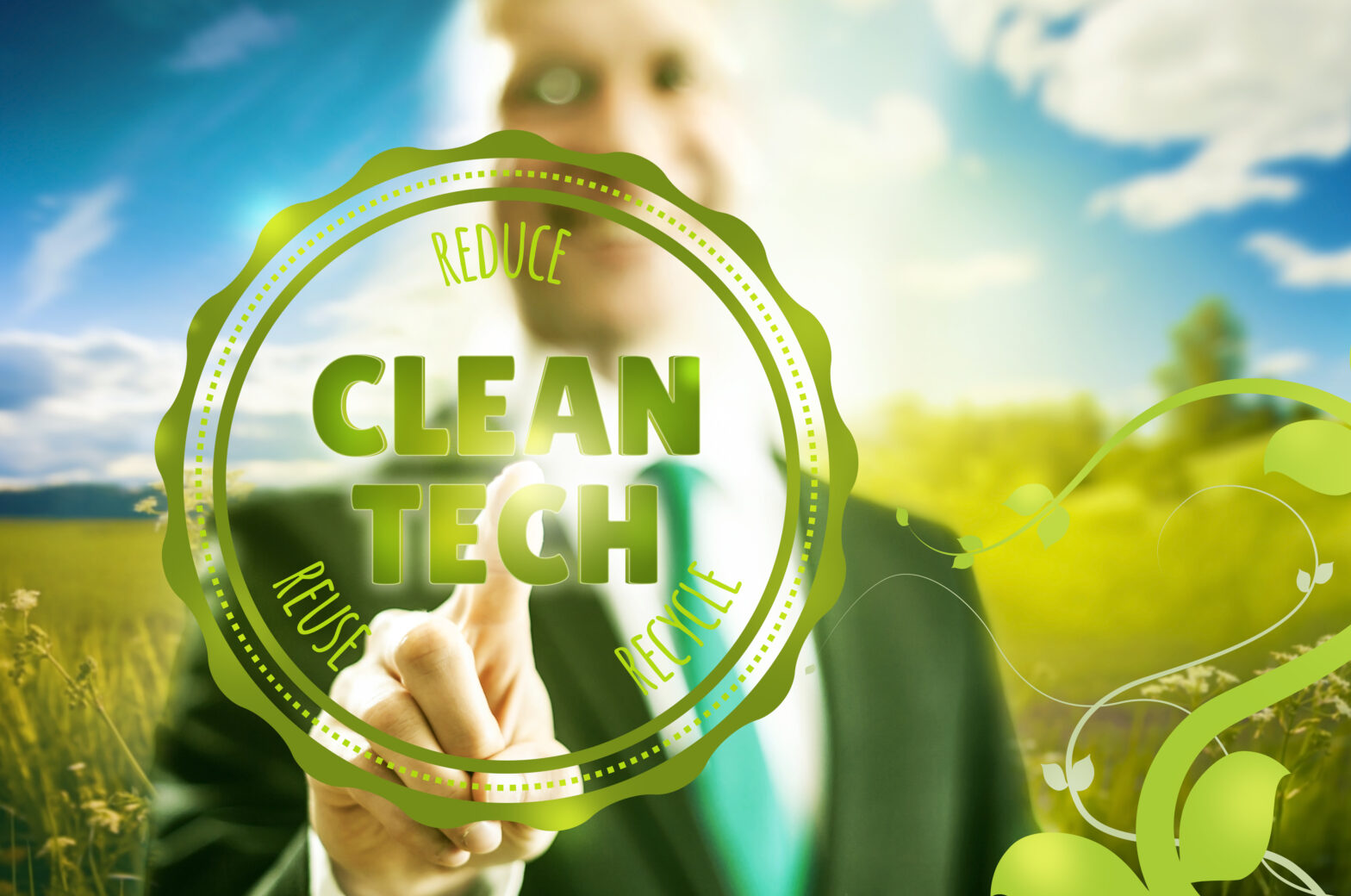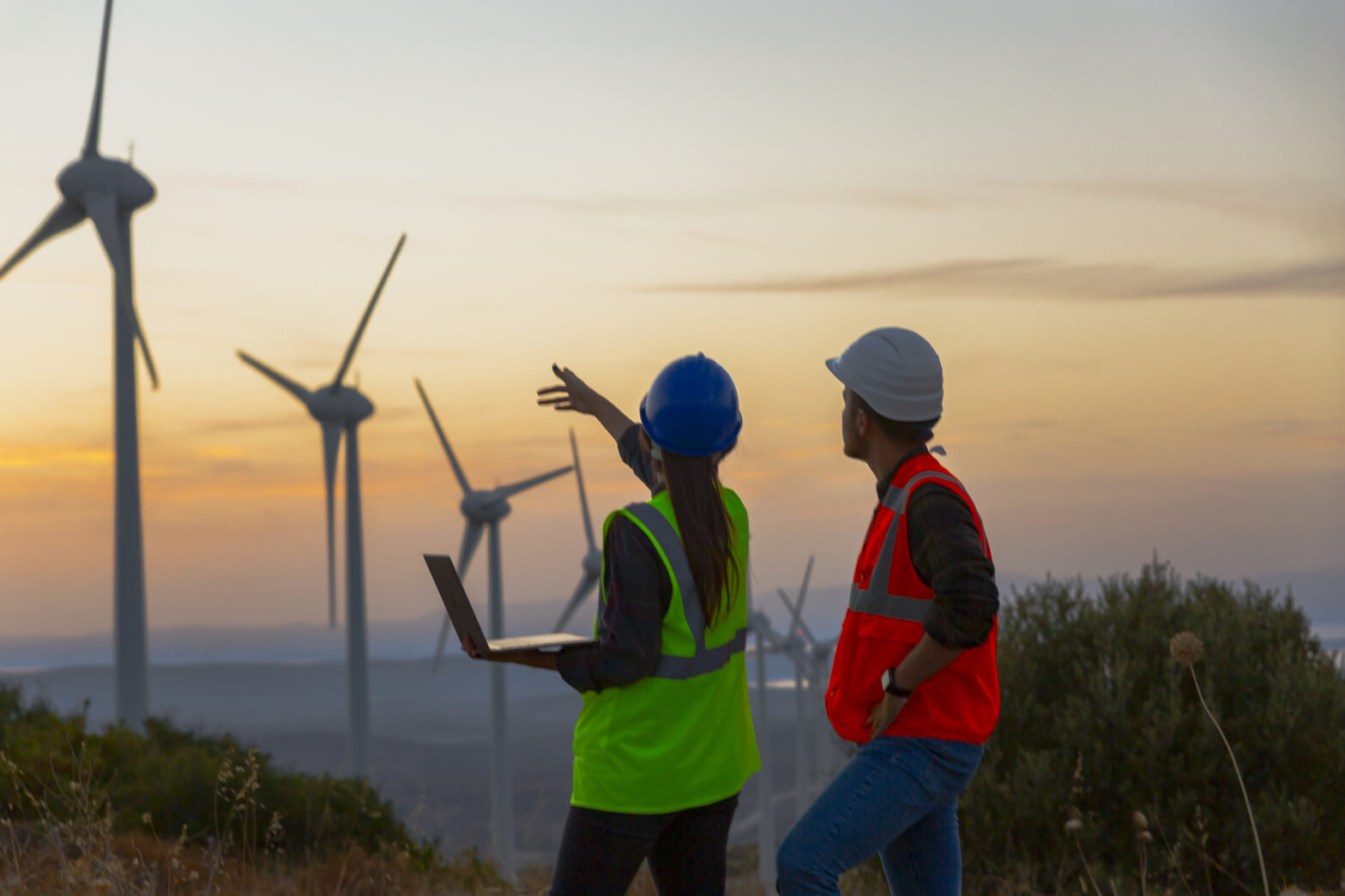Wind Power
There is no doubting that wind has been the first clean energy subsector to reach maturity. Of all the various clean technologies – wind, solar, tidal, anaerobic digestion (AD), biofuels and hydro – it was the cheapest to get up and running and produced the best investment-to-returns ratio.
In the 1990s, wind turbines were being finely tuned and turbine manufacturers were experimenting with different numbers of blades and materials.
Since then we’ve seen standardisation of design and components, which has enabled many to be built across Europe. Once some degree of mass was in place, the big energy firms came in and bought up portfolios so that they could fulfil the ‘clean’ energy quotas being placed on them by regulators and politicians.
If wind was stage one, the next stage is solar, AD and small-scale hydro technologies.
Solar Power
Solar panels have long been used in sunny locations across the globe, but have had limited take-up in the UK. However, the new feed-in tariffs (FITs) that came into force in April 2010 made the returns on solar attractive for the first time. This has resulted in an estimated £26 billion of solar planning permissions.
While not all will be built, figures in 2009 show £26 million of commercial solar energy panels were installed in the UK. Figures like that are hard to ignore.
However, the sector is set to get even bigger as scale reduces cost, just as it did with wind. The technology is now more efficient in terms of the power that it generates, and there has been a significant decrease in the cost of producing solar panels in the past year with estimates around 25 per cent. This has had a corresponding effect of increasing returns by 25 per cent.
Example of venture capital activity in this sector – Foresight Group launches £40 million VCT fund dedicated to investments in solar energy businesses
Anaerobic Digestion Power
Another clean technology that is attracting venture capital attention is anaerobic digestion (AD) which recently has had a large amount of press coverage with the launch of the first plant to convert biomethane gas from Didcot sewage works in Oxfordshire into renewable gas to supply up to 200 homes.
There are three distinct types of AD processing; sewage, farm and food waste.
The fundamentals are strong, with councils facing increasing fines for exceeding landfill limits and food waste increasing annually in the UK. Alongside the need to dispose of waste, there’s the attractive sweetener that the FIT scheme offers if it is disposed of in such a way that green energy is created.
Activists may wish to change consumer and business habits to reduce waste; AD offers an arguably more realistic prospect that waste can be used for environmental good.
Example of business activity in this sector – Monsal wins £14 million for expansion funding to expand its anaerobic digestion business in the UK
Hydroelectric Power
At the other end of the spectrum, small-scale hydroelectricity is the oldest and most proven of the clean energy technologies. However, as with solar, small-scale hydro returns haven’t been attractive enough to warrant the investment.
The new FITs have changed that and hydro schemes can now be attractive investments with low environmental impact. The UK currently generates only 0.8 per cent of its electricity from hydropower compared with 3.5 per cent in Germany, 6 per cent in the US, 8 per cent in France and 59 per cent in Canada.
In 2008, the Scottish government announced that it believed there was 1.2GW of potential undeveloped hydroelectricity in Scotland. While the mapping has yet to be done, a similar amount could exist across England, Wales and Northern Ireland.
Larger scale projects, like offshore wind farms, tidal power and biomass electricity will need large amounts of investment from big firms or the government.
The smaller, more scalable clean energy initiatives, which suit communities so well, need venture capital or private investor money to get off the ground and grow if they are to innovate and help create a greener future.







